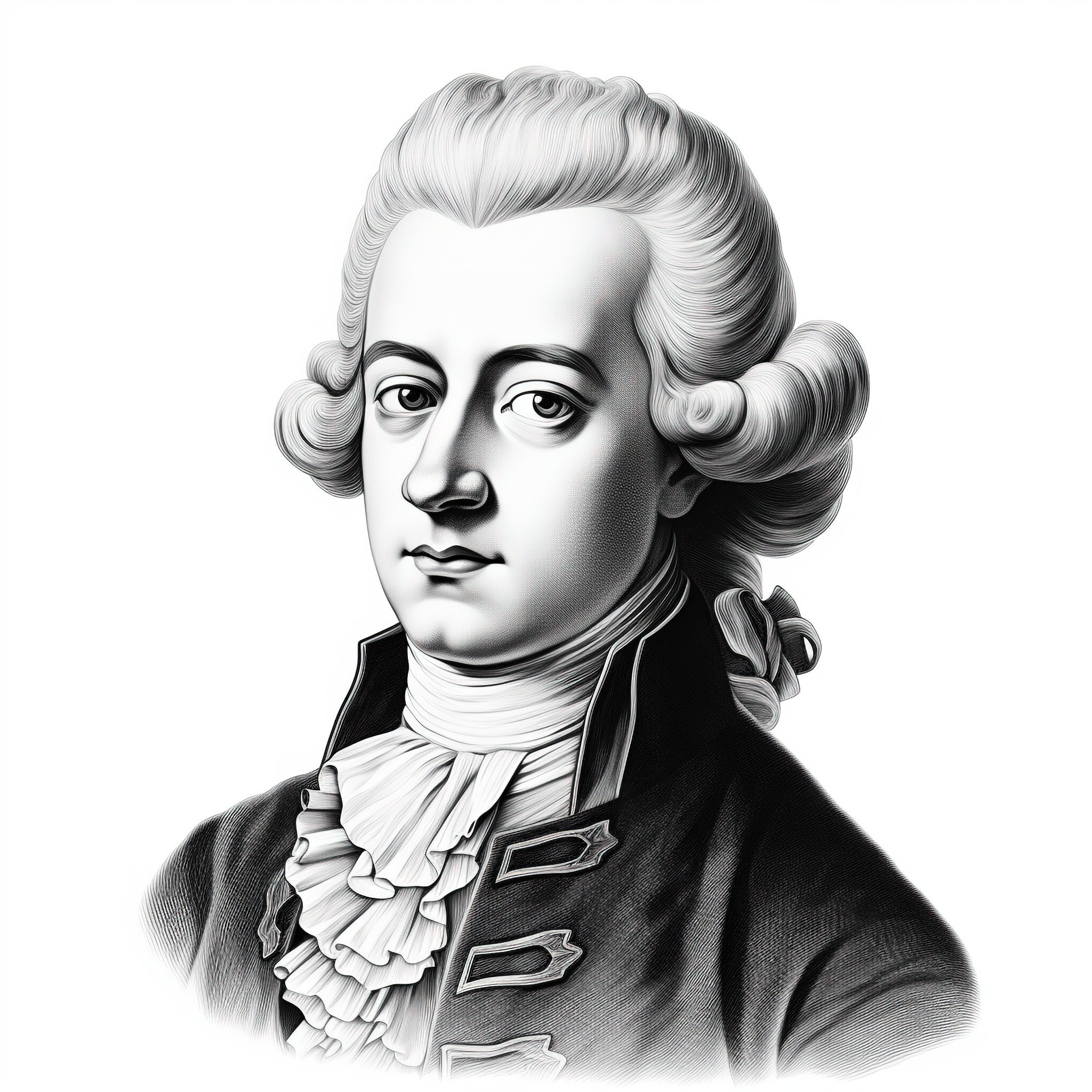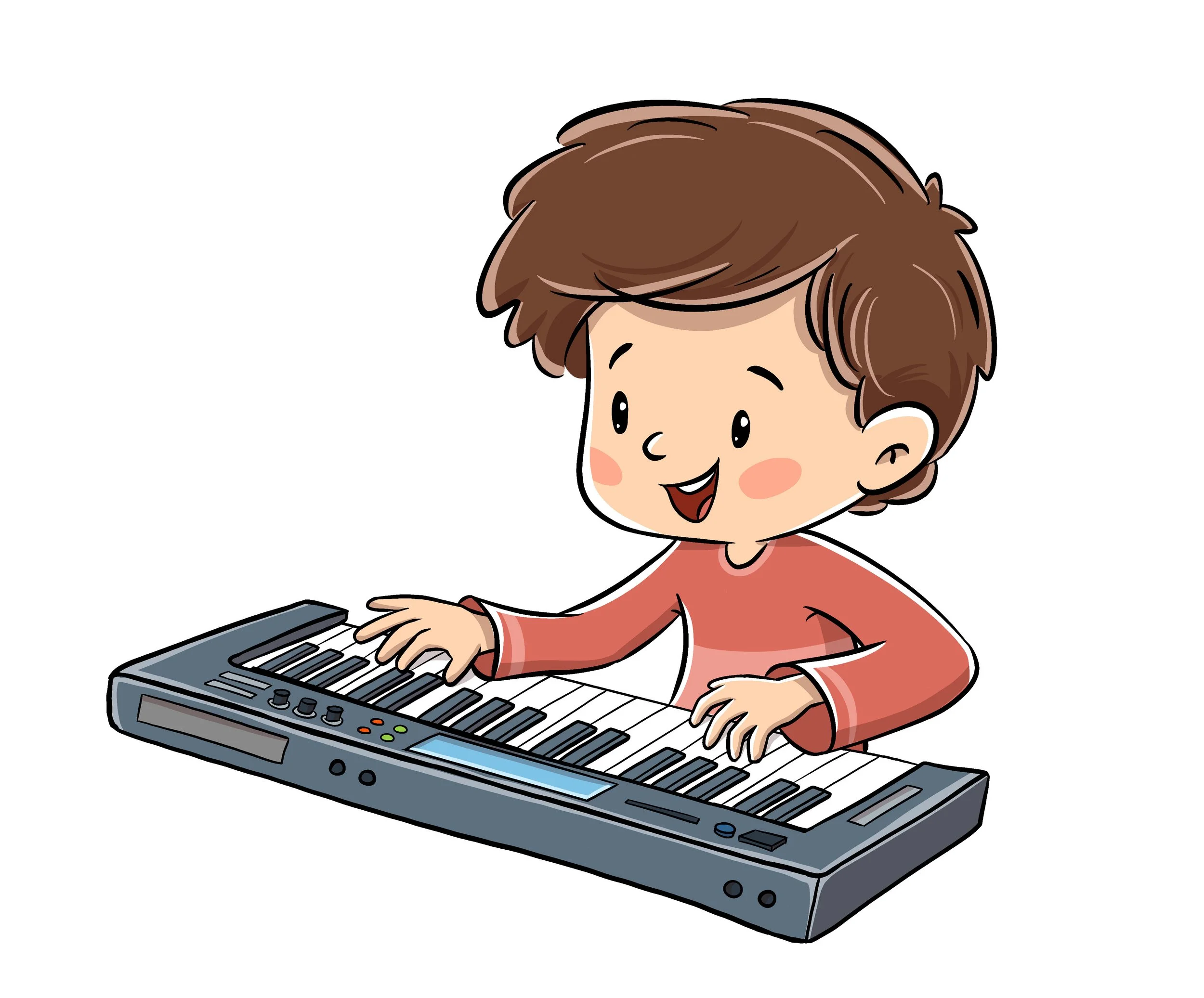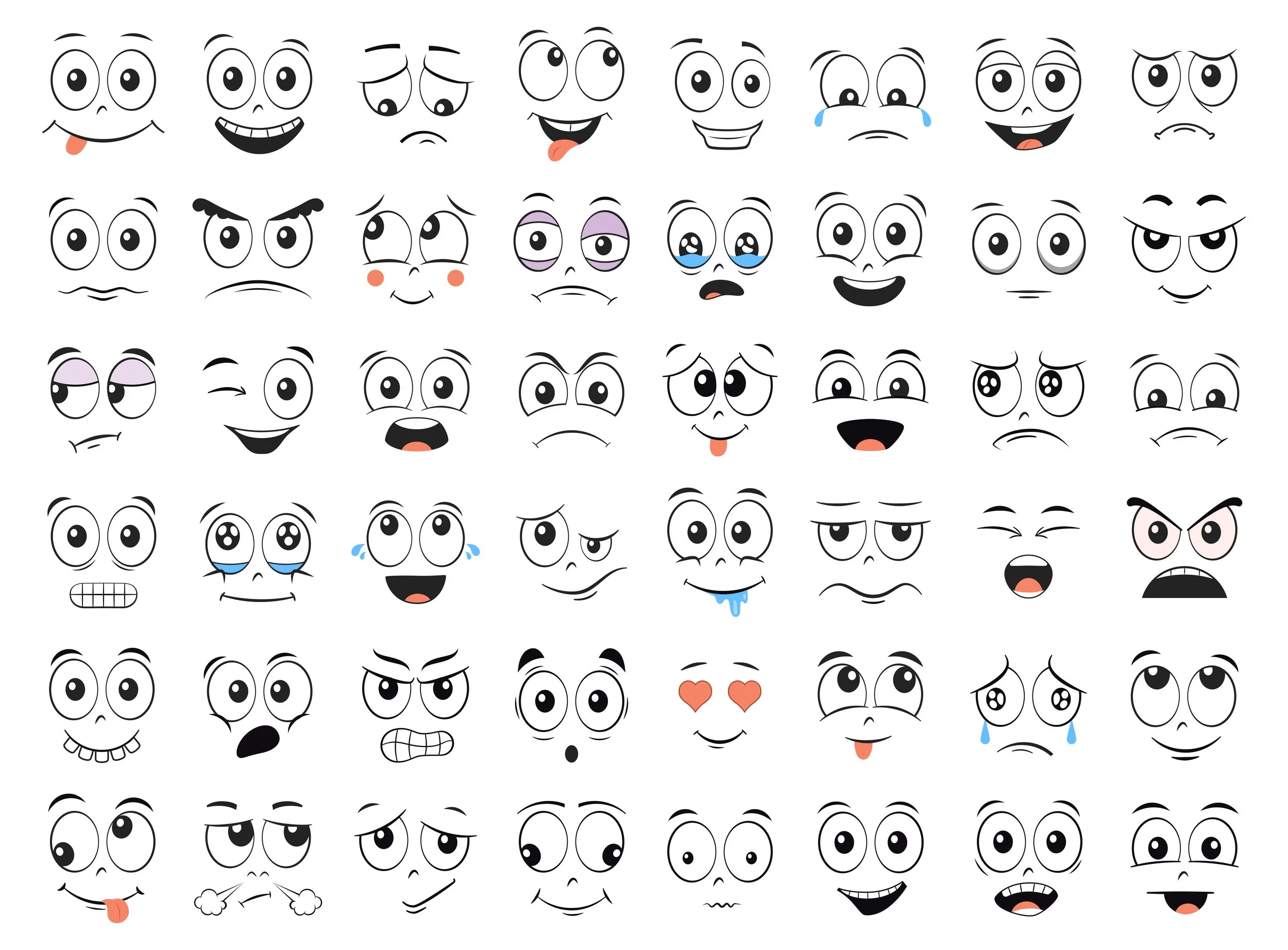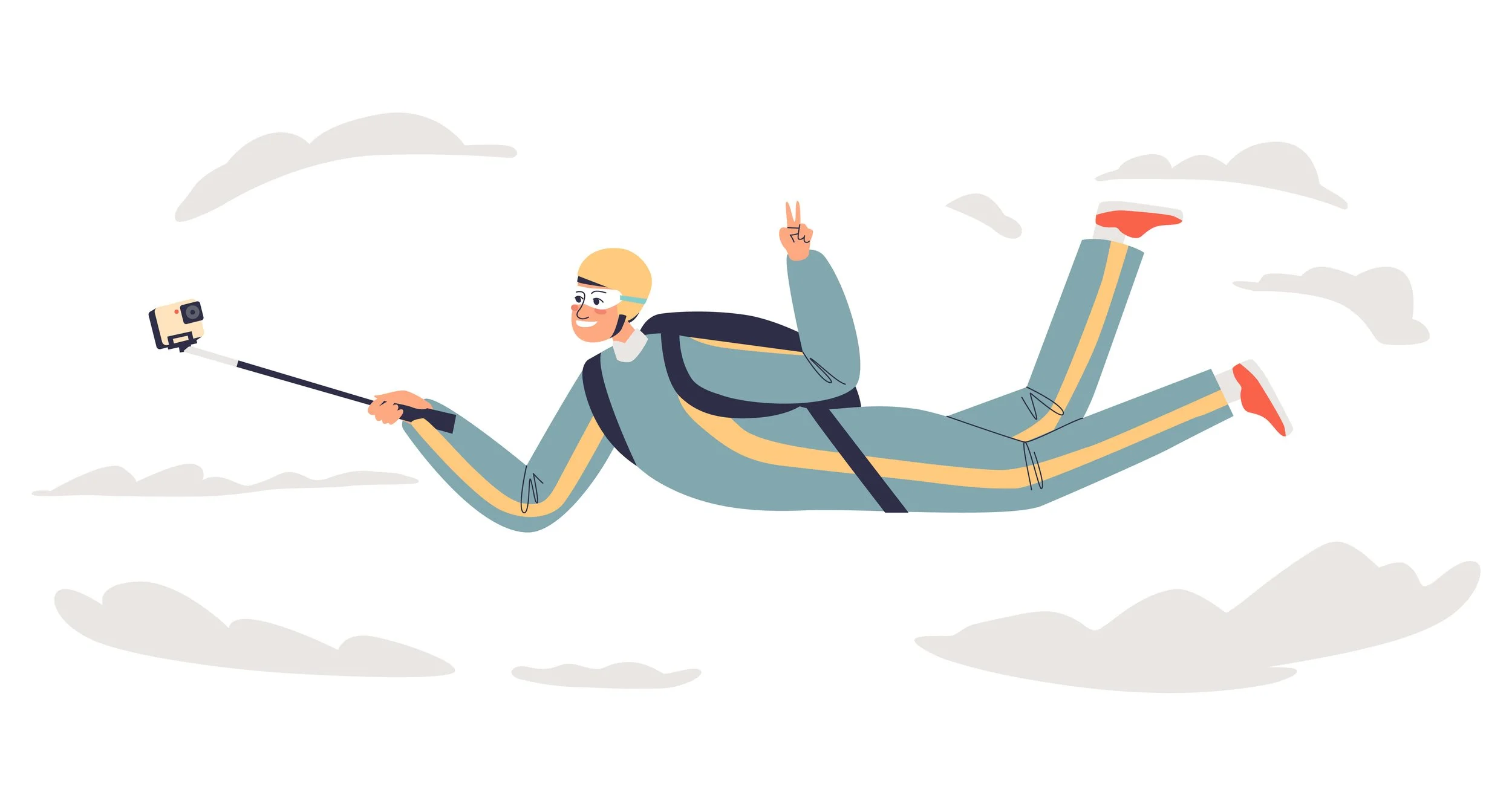Power Pathways
Change
Overturning a belief system is a challenging task. We are hard-wired to our beliefs from an early age. They come from a variety of sources, but mainly, they come from you, dear parent. You put the original beliefs in play. If you’re a grandparent (like me), you’ll know the experience of belief systems rubbing shoulders with other belief systems.
Belief Systems
Our belief systems drive our behaviour. Our behaviour, if it is nurturing enough, will influence the behaviour of those around us. Note I used the word nurturing ahead of assertive, domineering, forceful, or cooperative.
Nurturing is essential because that’s what we parents do. Sometimes, we must be assertive or forceful, but nurturing is our guiding star.
Our Humanness
Let’s kick off the Christmas season with some information about our brains. We humans developed a big brain mainly because we needed to. Early cave people didn’t last long in their harsh environment.
Hunting for food was stressful. They had to deal with things like: will I eat today or will I be eaten today?
Just in Time
We are more likely to succeed when we learn something we’re ready to learn. Success here means our brains have encoded the information, stored it, and linked it to related learning. The learning becomes authentic (sorry, buzzword there) if we use it to enact change in ourselves.
Just in Case
Learning is forever. Spoiler alert: we’ll never learn everything there is to know. In the Middle Ages, there wasn’t as much knowledge. If you could read (and that was unlikely), all the knowledge you needed was in a handful of books. Religious books topped the list.
Without Warning
You have watched a child trying out a new skill. Have you taken note of the concentration and how committed they are to the process? Have you noticed how committed you were when your child was learning to walk? Or talk? Or use utensils like knives and forks at dinner?
Lifelong Learning
We teachers often talk about creating a love of lifelong learning. When you think about it, you spend more of your life out of school than in it. It makes sense that learning is a worthwhile activity, one that you will benefit more from if you enjoy it.
Rainy Days
School holidays have begun in Australia. Our spring vacation is two weeks. Then, we face the hottest school term of the year. Most of Australia is hot. Some places swelter.
A Balance of Styles
Stress is the enemy of effective studying. Hitting the books is difficult enough without piling on extra stuff like anxiety. If you have been following this blog, you will have noted that brains and stress don’t play well together.
The Magic Flute
Music is the only art form that activates our entire brain. Our limbic system, which handles emotions and memories, kicks into gear when our ears pick up music. Last time, Pachelbel’s Canon got a mention. This time around, let’s crank up some Mozart. He was also a mathematician. His music has a deep mathematical structure to it. Listen to the Magic Flute. You’ll hear a repeated three-note pattern.
Canon in D
The human brain responds to music in many different ways. It always evokes an emotion. This is because music is an art form. We look at art with an emotional eye. And not all of us look at art the same way.
Stress Reducer
Music is a great stress reducer. Music can calm frazzled nerves if you have children preparing for final high school exams. I’m talking both child and parent here. Listening to music while studying can enhance memory.
Music Evokes Memories
If you’re not a classical music fan (let’s face it; it’s an acquired taste), we can still use music. Our brains operate to a rhythm. They latch on and keep us engaged. Watch people at bus stops or on trains nodding their heads in time to the music in their earbuds.
Calm Brains Learn
Yes, classical music. It’s called ‘classic’ for a reason. It’s, wait for it, classic. It has stood the test of time. Much of it is centuries old.
Classical Music
There were days in my classrooms when learning wasn’t happening. I knew it wasn’t. More importantly, so did my students. I felt I was doing them a disservice. They arrived at school ready for a day of engagement, and things weren’t going well.
Taming Anxiousness
Taming anxiousness isn’t easy. Something that works for one may spark more anxiety in another. Music tames the anxious brain. Playing and listening to music is becoming more of a go-to approach.
Taming the Beast
Anxiousness is part of my day, every day. I dealt with it most days when I was teaching. I was able to recognise it in my students. I went to great lengths to minimise it in my classrooms.
The Next Meal
We don’t have much to be anxious about in our modern society. If you’re an anxious person like me, you are probably rolling your eyes and composing a reply for the comments box.
SkyDiving
Learning is a complex process, and we humans are hard-wired for it. We don’t realise we’re learning until we’ve learnt something. Remember the pain of falling off a bike? Once we’ve mastered it, we don’t fall off any more. The anxiousness that accompanies the learning process can be a barrier to it.




















